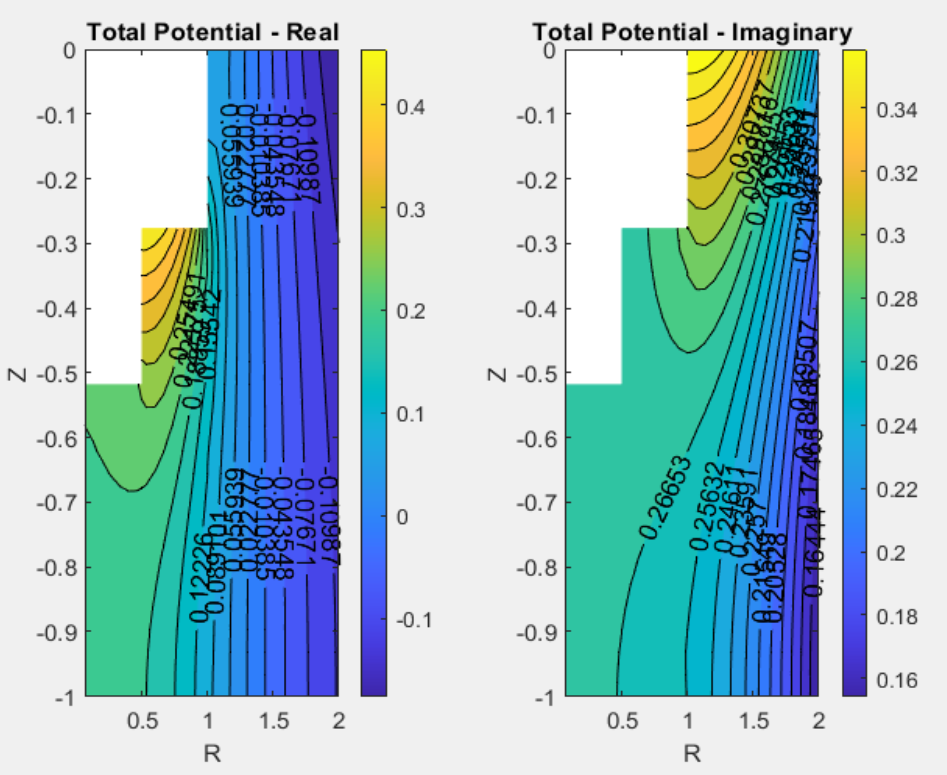Multidisciplinary Design Optimization of Wave Energy Converter
- rebecca-mc

- Mar 6, 2022
- 2 min read
Updated: Nov 22, 2022
In a class project turned conference paper, I achieved a seven-fold reduction in the LCOE (levelized cost of energy) of a two-body point absorber wave energy converter.
The class MAE 5350 (Multidisciplinary Design Optimization) gave me expertise in various optimization techniques and a practical framework to apply gradient and heuristic multi-objective optimization to nonlinear engineering design problems.
Working with another PhD student from my lab, I led the writing of a peer-reviewed conference paper on the project. I presented the project at the ASME Design Automation Conference, which is part of the IDETC (International Design Engineering Technical Conference). I also presented at the Cornell Mechanical and Aerospace Engineering PhD student poster session.

The MATLAB simulation and optimization code for the project can be found here. Some technical details on the project are below.
Wave energy converters (WECs) can advance the global energy transition by producing clean power for utility grids and offshore technologies. This project provides a multidisciplinary, dual objective optimization of the Reference Model 3 (RM3), a two-body point absorber WEC design benchmark. The simulation model employs linear hydrodynamics with force saturation and probabilistic regular waves. The RM3 geometry, controller parameters, and structural material are optimized using sequential quadratic programming to minimize the levelized cost of energy (LCOE) and the coefficient of variation of power (cv). The minimum-LCOE design produces a power variation of 195% and an LCOE of $0.08/kWh, a seven-fold cost reduction and 23% lower variation from the RM3 baseline of $0.54/kWh and 255% variation. Parameter sensitivities show that LCOE depends more strongly on site and economic than geometric or material parameters, while power variation is largely insensitive to all parameters. A Pareto tradeoff between cost and power variation reveals different optimal designs depending on which objective is prioritized, suggesting application-specific design heuristics. Three final designs are recommended: a minimum-LCOE design for cost-sensitive operations like utility power, a minimum-variation design for cost-insensitive installations like small offshore systems, and a balanced design for intermediate applications. Power probability distributions are shown for each.




Comments